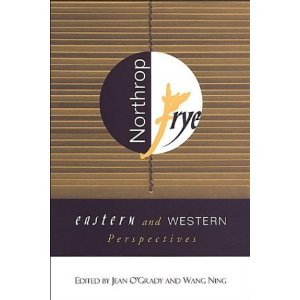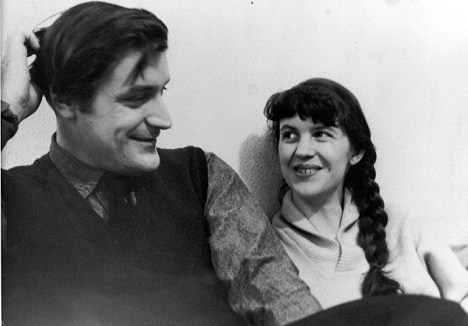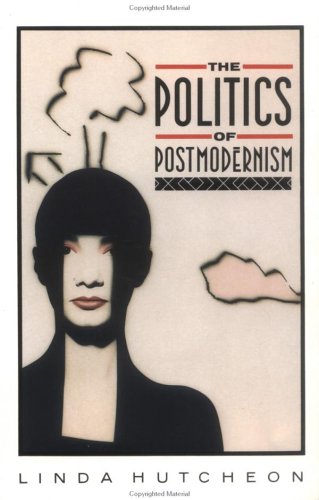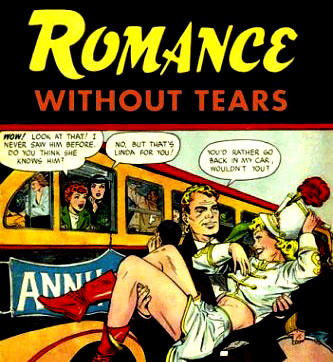
Cross-posted in the Denham Library here.
Frye’s books continue to be translated into Chinese. The most recent is a translation of The Secular Scripture (Shanghai People’s Publishing House, 2010). Trans. Xiang-Chun Meng. The other Chinese translations are:
Anatomy of Criticism
Piping de Pouxi. Trans. Chen Hui, Yuan Xianjun, and Wu Weiren. Tianjin: Baihua Literature and Art Publishing House, 1998.
Piping de Jiepou. Trans. Chen Hui, Yuan Xianjun, and Wu Weiren; revised by Wu Chizhe and annotated by Wu Chizhe and Robert D. Denham. Tianjin: Hundred-Flower Literary Press, 2000.
The Educated Imagination, Creation and Recreation, and The Well‑Tempered Critic
Fulai Wenlun Sanzhong [Three of Frye’s Critical Monographs]: Xiangxiangli de Xiuyang, Chuangzhao yu Zai Chuangzhao, Wenlian de Pipingjai (Trans. Xu Kun et al., rev. with a preface and annotations by Wu Chizhe. Hoh‑Hot: University of Inner Mongolia Press, 2003.
The Modern Century
Xian dai bai nian. Trans. Sheng Ning. Shenyang: Liaoning Educational Press; Hong Kong: Oxford University Press, 1998.
The Critical Path
P’i ping chih lu: Lo-ssu-lo pu Fu-lai chu. Trans. Wang Fengzhen and Min-li Chin. Beijing: Peking University Press, 1998.
The Great Code
Wei da de dai ma: Shengjing yu wen xue. Trans. Hao Zhengyi, Fan Zhenguo, and He Chengzhou. Beijing: Peking University Press, 1998.
Words with Power
Shenlide Yuyan: Shengjin yu Wenxue Yanjiu xubian. Trans. Wu Chizhe. Preface by Ye Shuxian. Beijing: Social Sciences Documentation Publishing House, 2004.
Selected Essays
Nuosiluopu Fulai Wen lun xuan ji [Northrop Frye: Selected Essays]. Ed. Wu Chizhe. Beijing: China Press of Social Sciences, 1997.
Contents: “The Responsibilities of the Critic” / “Criticism, Visible and Invisible” / “The Search for Acceptable Words” / “Literature as Therapy” / “The Archetypes of Literature” / “Forming Fours” / “Myth, Fiction, and Displacement” / “Design as a Creative Principle in the Arts” / “Expanding Eyes” / “Literature as a Critique of Pure Reason” / “The Koine of Myth: Myth as a Universally Intelligible Language” / “The Symbol as a Medium of Exchange” / “The Mythical Approach to Creation” / “Conclusion” to Literary History of Canada” (1965), / “Criticism and Environment” / “The Cultural Development of Canada” / “The Stage Is All the World” / “Literature as Context: Milton’s Lycidas” / “Blake after Two Centuries” / “Yeats and the Language of Symbolism”








